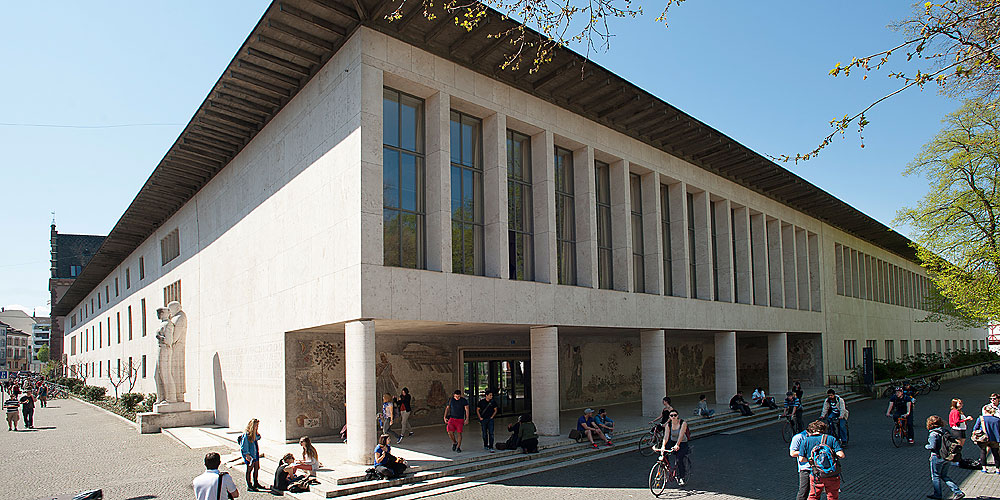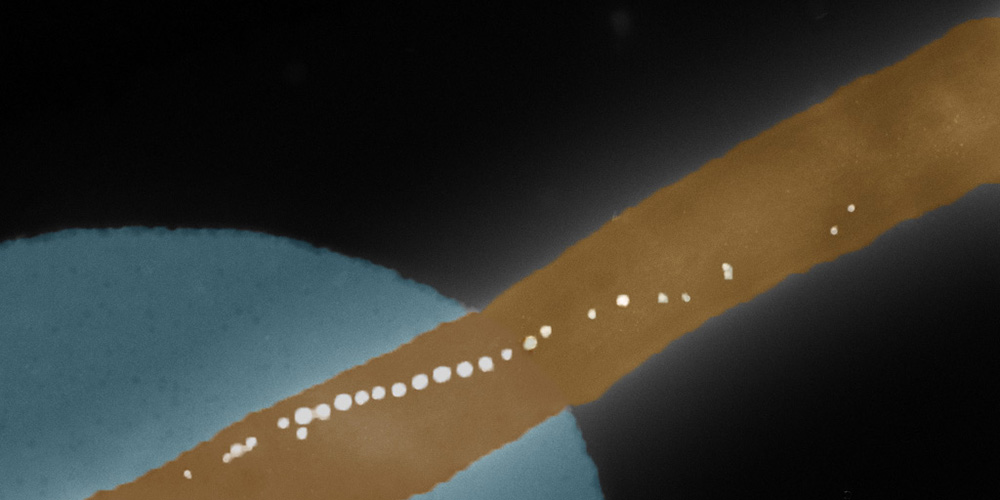Eccellenza Fellowships: five new assistant professorships for the University of Basel
The Swiss National Science Foundation has awarded five new assistant professorships to the University of Basel. The projects supported under the Eccellenza program come from the fields of ophthalmology, psychology, digital humanities, urban studies and neuroscience.
19 November 2021
The Swiss National Science Foundation (SNSF) uses the Eccellenza Professorial Fellowships to finance outstanding young researches who aspire to a permanent professorship. The five-year funding period comprises salary and project funds, which enables the researchers to lead a research project with their own team. Furthermore, the fellowships are linked to an appointment as assistant professor at the university chosen by the researchers for their project.
Now the SNSF has published the results of the fourth call. Of a total of 32 research projects supported by the SNSF, five will go to the University of Basel. The five scientists will be supported by the SNSF with an average of CHF 1.7 million:
- Dr. Bence György received his MD and PhD from Semmelweis Medical School in Budapest. He then continued his research as a postdoc at Harvard Medical School and Massachusetts General Hospital (Boston, USA) focusing on gene editing and gene therapy for hearing loss. Currently he leads the Ophthalmic Translational Research Group and is Head of Clinical Translation at the Institute of Molecular and Clinical Ophthalmology Basel (IOB), which is associated with the University of Basel. His project at the IOB explores the potential of personalised precision gene therapy for the treatment of hereditary blindness.
- Dr. Ulf Hahnel received his PhD from Albert Ludwig University of Freiburg in 2014 with a thesis on the impact of psychological determinants on the adoption of sustainable technologies. He is currently conducting research and teaching as a senior researcher and teaching fellow at the Consumer Decision and Sustainable Behavior Lab at the University of Geneva. His project at the Faculty of Psychology investigates how individual climate-relevant decisions and the underlying psychological processes vary across nations and are influenced by key societal events, and what this means for the effectiveness of behavioral interventions to promote sustainable decisions.
- Dr. Moniek Kuijpers received her doctorate in Empirical Literary Studies from Utrecht University in 2014. Postdoctoral stays took her to the Max Planck Institute for Empirical Aesthetics in Frankfurt am Main, the Digital Humanities Lab at the University of Basel and the Gutenberg Institute for World Literature and Written Media at the University of Mainz. Her project, which she will conduct at the Digital Humanities Lab, explores how shared reading contributes to reading promotion and well-being – both in-person and in online reading environments.
- Dr. Jon Schubert holds a PhD from the University of Edinburgh and an MA from the University of Basel. He worked as a postdoctoral researcher at the Universities of Leipzig and Geneva. He then carried out a project on infrastructures and crisis funded by the Leverhulme Trust at Brunel University London and was a visiting professor in anthropology at the Graduate Institute Geneva. He is currently a senior lecturer in the political anthropology working group at the University of Konstanz. His project at the Department of Urban Studies will ethnographically study urban adaptation to climate risk in coastal cities in Africa.
- Dr. Friedemann Zenke received his PhD in Computational Neuroscience from the Ecole Polytechnique Fédérale de Lausanne (EPFL) in 2014 and subsequently conducted research as a postdoctoral fellow at Stanford University and as a Sir Henry Wellcome Postdoctoral Fellow at Oxford University. Since 2019, Friedemann has led a research group at the Friedrich Miescher Institute for Biomedical Research (FMI), associated with the University of Basel. There he will also conduct his research project dedicated to elucidating the role of inhibitory circuits in neuronal networks.


